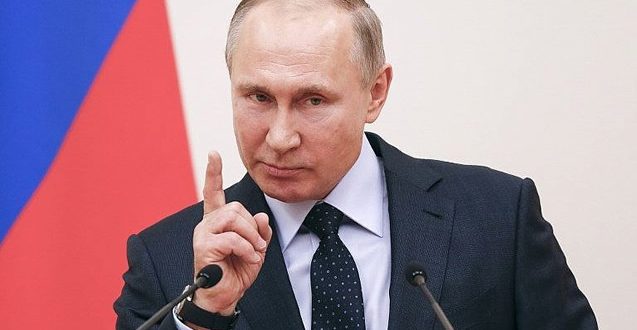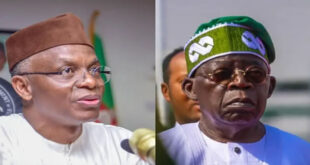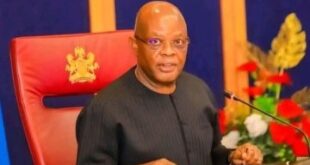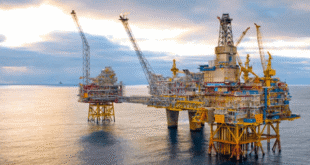The Communist Party of the Russian Federation candidate Nikolai Kharitonov secured the second spot with 4.1 per cent of the votes while New People Party candidate Vladislav Davankov stood third with 4.8 per cent votes.
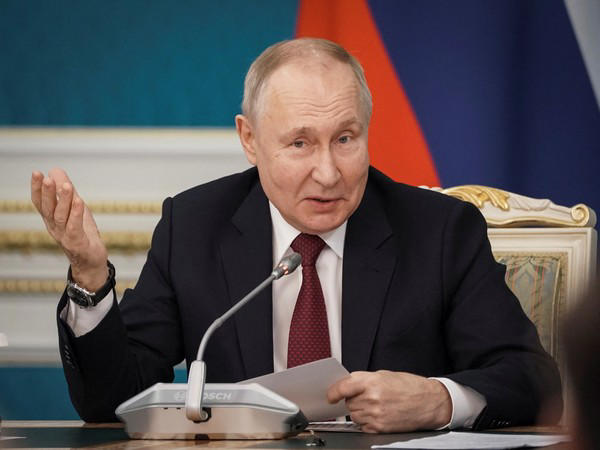
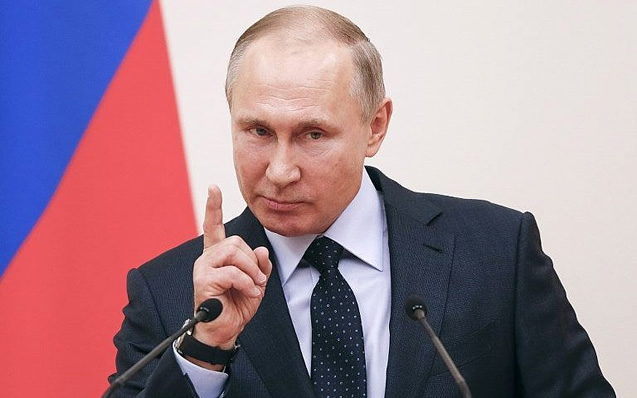
According to preliminary data as of 6 pm (Moscow time) on Sunday, the voter turnout in the presidential elections, which for the first time took place over three days from March 15-17, stood at 74.22 per cent. Voter turnout for the elections held in 2018 was 67.54 per cent.
Putin received more votes in comparison to the 2018 elections where he bagged 76.69 per cent of the total votes counted. The performance of the other candidates was lower than that of the previous competitors of Russian President Vladimir Putin in 2018, according to reports.

In 2018, Pavel Grudinin, who was the candidate for the Communist Party of the Russian Federation, received 11.77 per cent of the votes while LDPR candidate Vladimir Zhirinovsky (LDPR) bagged 5.65 per cent votes.
All three parties that nominated candidates for the 2024 elections can count on receiving funds from the federal budget, TASS reported, adding that as per law, all parties have the right to funding even if their candidate vying for the post of head of state overcomes the three per cent barrier. For each vote, the party will receive 152 Roubles, the report noted.
This was the first time; remote electronic voting was used for the presidential elections in Russia. Residents used the federal platform in 28 regions while people in Moscow cast votes on their own platform.
The final turnout for online voting on the federal platform stood at 94 per cent, meaning that 4.4 million people cast their votes online. In Moscow, almost 3.7 million electronic ballots were issued, including voters who used special terminals at polling stations.
According to the results of remote electronic voting on the federal platform, Putin secured the first spot with 87.41 per cent of the votes while Davankov stood in second place with 6.28 votes. Slutsky followed at 3.75 per cent while Kharitonov received just 2.56 per cent of the votes counted.
Putin won with 89.1 per cent of the votes in Moscow followed by Davankov in second place with 4.4 per cent. Kharitonov and Slutsky were in the third and fourth spots with 3.3 per cent and 3.2 per cent votes respectively.
Putin also secured handsome wins in Donbas and Novorossiya by huge margins. He also posted wins in areas of Ukraine such as Kherson, Luhansk, Zaporizhzhia and Donetsk, TASS reported.
Based on the results of processing 100 per cent of the protocols, Putin received 88.12 per cent of the votes in the Kherson region, 88.12 per cent votes in Zaporizhzhia, 94.12 per cent votes in the Luhansk People’s Republic and 95.23 per cent votes in the Donetsk People’s Republic, according to TASS.
Putin arrived at his election headquarters and expressed gratitude to his staff while stressing that Russian must become “even stronger and more effective”. He also thanked the people of Russian who voted while acknowledging the involvement of those in the ongoing military operations against Ukraine.
Speaking to reporters, Putin said the tasks in his new term include the solution of problems within the framework of the Northern Military District and strengthening the country’s defence capability. He stressed that the actions of the Russian military were more than active defence, according to TASS.
Kharitonov said observers from the Communist Party of the Russian Federation did not record any serious violations during the elections, the state agency reported, adding that Slutsky, too, said there were no significant violations and called the incidents reported by the LDPR “very minor rough edges”.
Davankov said he was pleased to take second place according to the results of remote electronic voting, the agency reported.
Putin has served four terms as Russian President. He was first elected President in 2000 and again in 2004, 2012, and 2018. (ANI)
 Gistfox Your News Window To The World
Gistfox Your News Window To The World 
